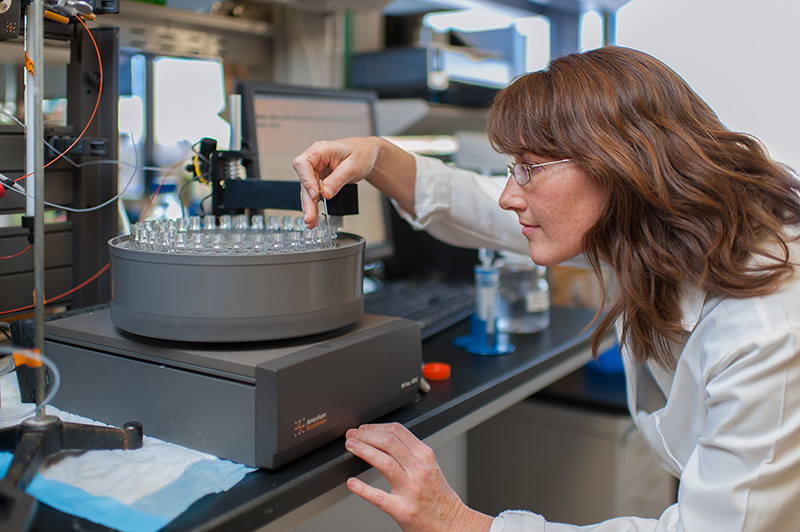Important Dates
Dec
01
Priority Application Deadline
Jan
01
Final Application Date
Contact us
For information on the Biochemical Mechanisms in Medicine Discipline, please contact:David Libich, Ph.D., Biomechanical Mechanisms in Medicine Discipline Director
libich@uthscsa.edu
210-450-8326 For information on the IBMS Ph.D Program, please contact:
Michael Berton, Ph.D., IBMS Program Director
berton@uthscsa.edu
Donna Navarro, MS, IBMS Assistant Director
navarrod3@uthscsa.edu
Vanessa Soto, Program Coordinator, Senior
sotos@uthscsa.edu
210-567-3773
Requirements
- Bachelor's degree or a Master's degree and relevant advance coursework
- GPA of 3.0 or above
- Submit transcripts to Office of the Registrar
Tuition and fees
Students receive a stipend of $35,000. Tuition, fees, and basic student health insurance are covered by the program.
Resources
The Graduate School of Biomedical Sciences is proud to partner with the Texas Higher Education Board in helping students develop and build on skills employers value and seek out in job candidates.

I chose to focus on biophysics & biochemistry in order to complement my current skill set so I can study biomedical problems in a deep and comprehensive manner.
Crystal Archer, Class of 2017